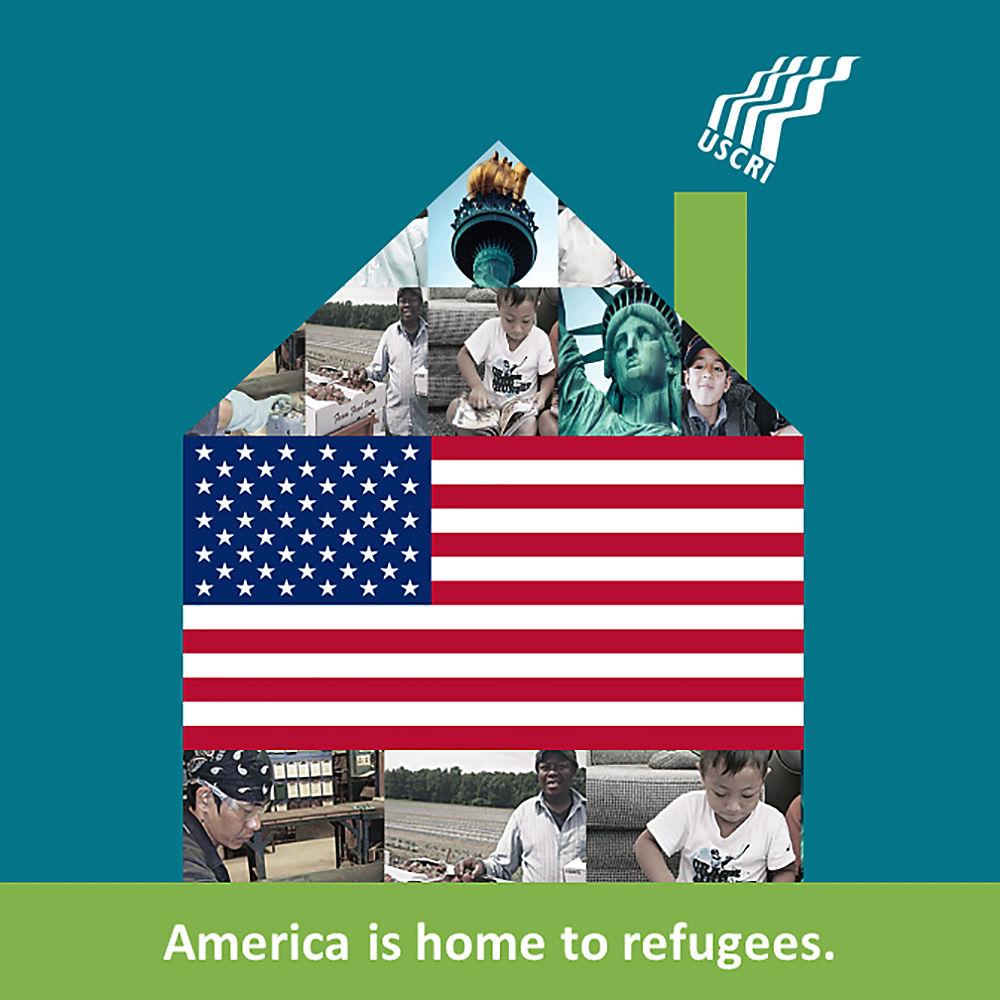Upon resettlement in the United States, refugees can face a number of financial, cultural and linguistic barriers that affect access to quality healthcare. The Refugee Health Initiative (RHI), founded in 2009 by a small group of UNC Medical students, strives to serve the health and wellness needs of refugees in the Research Triangle area.
RHI has been expanded to Duke to provide additional services to refugees in Durham, and more recently, the program has expanded to NC State through the Chapel Hill chapter.
Sarah Hiscocks, a co-director of RHI at NC State and a third-year studying microbiology, gives an overview of what RHI does.
“RHI was started by UNC Medical School students, and it focuses on helping refugees integrate into a society and more specifically getting a medical home so finding primary care, understanding Medicaid … helping them establish dentists [and] primary care,” Hiscock said. “We do a little education about mental health … we do nutrition, that kind of thing. We’re just trying to help them understand our medical system, which can be confusing for a citizen, much less someone learning a whole new culture.”
The RHI at NC State had its first transition meeting in December of last year and got its constitution and documentation together over break, according to Hiscock. The program recently applied and got recognition from student involvement and had a funding application approved.
This funding goes towards paying translators and toward orientation with the U.S. Committee for Refugees and Immigrants (USCRI), according to Hiscocks. The NC State chapter of RHI works with the USCRI.
“They are who connects us with the families, and they’re going to come to campus and run an orientation for our members because you have to have a background check before you volunteer to make sure you’re safe. … also it just teaches you how to be culturally sensitive,” Hiscock said. “That’s required of all members participating in the family visit program.”
Nur Kanawati, co-director of RHI at NC State and intern in the oral and craniofacial health science department at Chapel Hill, describes how the home visit program works.
“The home visit program is where a couple of volunteers have assigned one family, and they go to that family for about six to eight visits, so around six to eight hours,” Kanawati said. “Each of these families registered for this home visit program, so they want our services. What we do is, the first visit is usually a ‘get to know your family’ visit — make sure they’re comfortable with us being there, filling out paperwork, all of that. Then each consecutive visit has a specific theme that we go with like, for example, one of them could be oral hygiene.”
Volunteers are given booklets with topics to educate the family on, according to Kanawati. If the family doesn’t speak English, a translator is brought along. Kanawati said these translators will be recruited throughout the year from the schools of various languages here at NC State as volunteers or paid individuals.
The Chapel Hill chapter of RHI also partners with Church World Service, a local refugee resettlement service in Durham that provides a variety of services to recently resettled refugees in the area. The specialization of RHI is in health, and this sets it apart from other refugee organizations in the area.
“It’s important because there isn’t a similar organization in the area that would be able to help refugees in the health standpoint,” Kanawati said. “A lot of it is more social work, but this is more of a health side of the thing.”
RHI at NC State has gotten a good number of volunteers at its start, and the program could always use more help and translators. Students who are interested in volunteering for RHI can join the organization’s LISTSERV by contacting rhincsu@gmail.com.
“We will be sending out an email once we have a date for the mandatory training for the semester,” Kanawati said. “Once they’re here, they can fill out volunteer applications and attend the training, and they’ll be good to go.”
Getting that one on one exposure with refugee families can build bridges between us and them, according to Kanawati.
“We are still working with local refugee institutions who bring refugees to the area,” Kanawati said. “Once we get our training from them, they’ll start sending us families over. Once we get our families, we’re gonna be quick in action.”













